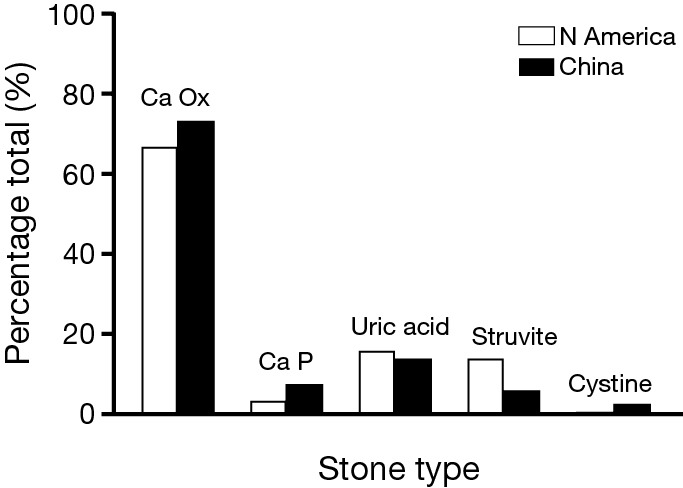Kidney stone disease is a significant health problem worldwide. Several factors including genetics as well as environmental factors are associated with stone formation. However, the relationship between these factors remains poorly understood. To examine how the environment may alter genetic risk for stone formation, Dr. Thomas Chi and his colleagues established the International Chinese Consortium on Nephrolithiasis (ICCON) as a multi-center collaboration to explore patterns of stone presentation amongst Chinese patients living in different countries.
This study uses data from three institutions in North America (University of California, San Francisco, University of California, San Diego, and Vancouver University), and three institutions in China (Beijing, Shanghai, and Xi’an). Almost a thousand of Chinese kidney stone patients were involved showing significant differences existing between the two continents in terms of patient gender, age, and stone composition. These findings highlight that environmental factors in addition to genetics are involved in modulating risks for kidney stone disease.

Stone analysis results comparing Chinese living in China and North America.
Significant differences in struvite and cystine stone frequency seen among Chinese nephrolithiasis patients living in North America compared to those living in China. Chi T, Usawachintachit M, Filippou P, Bayne D, Hu W, Chang H, Xia L, Chen Q, Xue W, He H, Long Q, Arsovska O, Taylor E, Paterson R, Sur RL, Chew B, Stoller ML, Li J. Transl Androl Urol. 2016 Jun;5(3):375-80. doi: 10.21037/tau.2016.04.07. Read more...